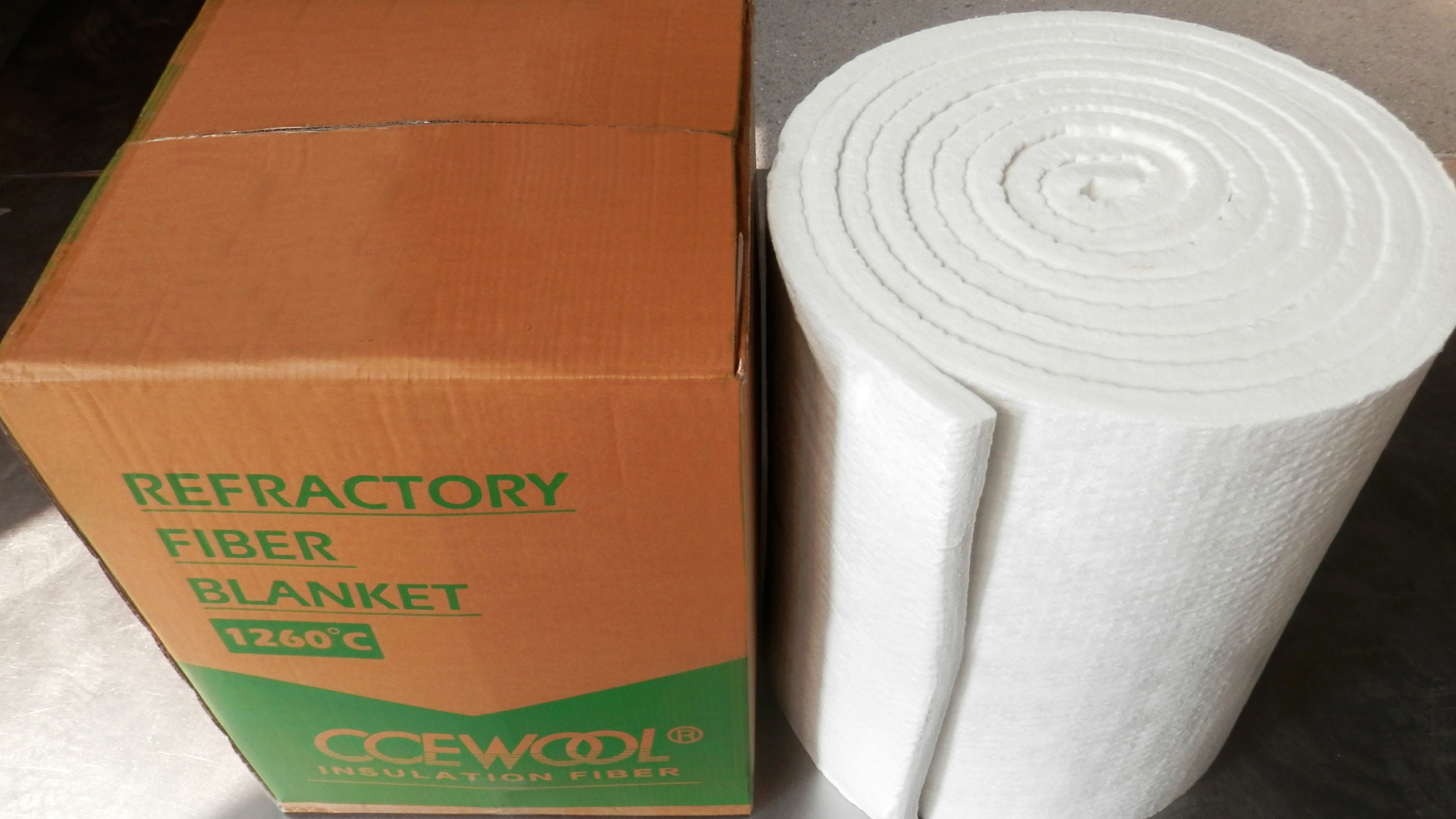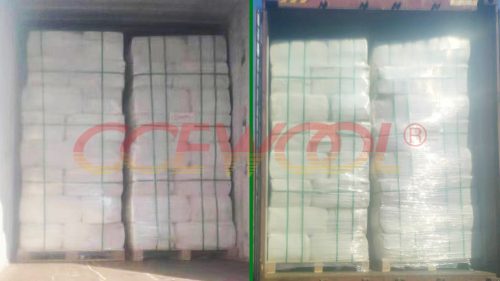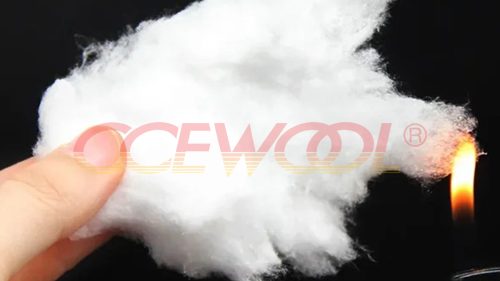What temperature does ceramic fiber melt?
- 11 Nov, 2024
- Industry

CCEWOOL® ceramic fiber is widely used in high-temperature industrial applications due to its exceptional heat resistance. As an efficient insulation material, ceramic fiber maintains stable structure and insulation properties even in extreme temperature environments. So, what is the melting point of ceramic fiber?
Temperature Range of CCEWOOL® Ceramic Fiber
CCEWOOL® ceramic fiber products cover a wide temperature range, from 1050°C to 1430°C, with various models like the 1260 standard type, 1400 LZ type, and 1430 HZ fiber type to meet diverse application needs. While these fibers can withstand and perform beyond their rated temperatures, their actual melting point is significantly higher. Typically, ceramic fiber has a melting point between 1800°C and 2000°C, making it a highly heat-resistant insulation material.
The Importance of Melting Point in High-Temperature Applications
The high melting point of ceramic fiber means it can remain stable in high-temperature settings without melting or softening. This characteristic makes CCEWOOL® ceramic fiber widely used in high-temperature industrial equipment, such as industrial kilns, petrochemical furnaces, and metallurgical machinery. It effectively insulates heat, reduces energy consumption, and ensures safe and stable equipment operation in high-temperature environments.
Superior Insulation Performance
CCEWOOL® ceramic fiber not only withstands high temperatures but also offers outstanding insulation performance. Its low thermal conductivity and low heat capacity effectively reduce heat transfer, achieving excellent energy-saving effects. Moreover, ceramic fiber has excellent resistance to thermal shock, allowing it to maintain structural integrity despite extreme temperature fluctuations, providing long-lasting insulation protection for high-temperature equipment.
Safe and Eco-Friendly Solution
CCEWOOL® ceramic fiber products meet international environmental standards and are free of harmful substances, ensuring safety for both humans and the environment. In addition to traditional ceramic fiber, CCEWOOL® offers low bio-persistent (LBP) fiber options for industries with high health and environmental standards.
In summary, CCEWOOL® ceramic fiber, with its high melting point, heat resistance, excellent insulation properties, and eco-friendly characteristics, has become the ideal insulation material choice across numerous industries.



